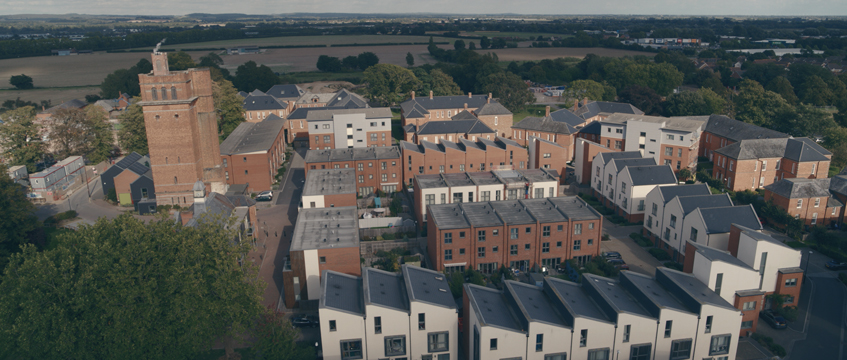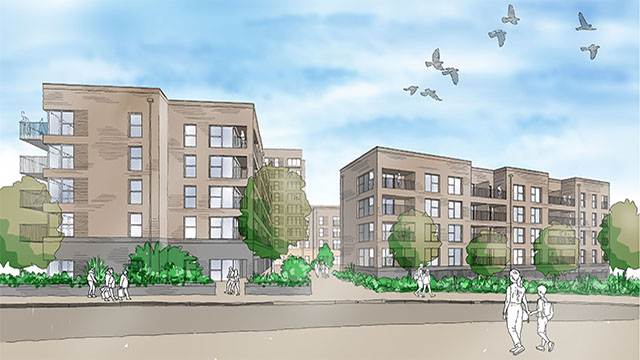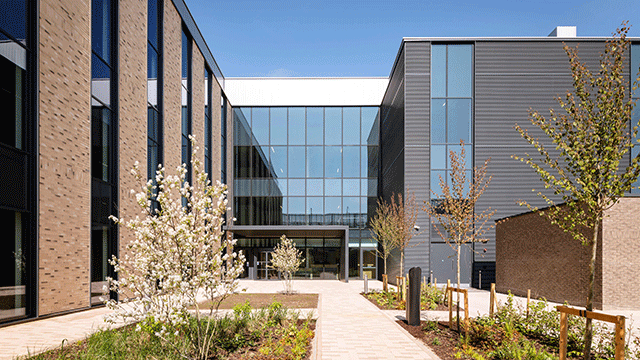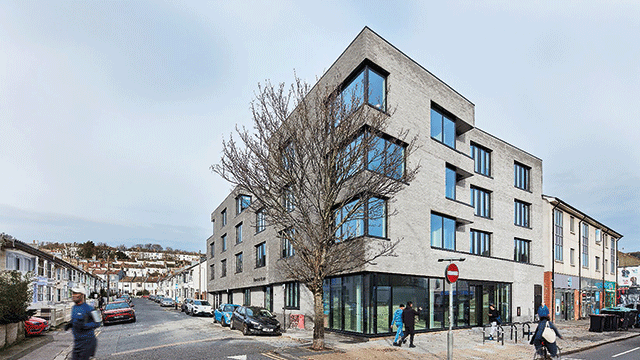As the largest social landlord in the country and a growing developer of new homes, Clarion has both a responsibility and opportunity to lead on sustainability. We have long championed the importance of energy efficient and low carbon homes – but a true sustainability agenda has to permeate all elements of an organisation, including access to finance.
Last year we were proud to be the first UK housing association to adopt the Pan European Certified Sustainable Housing Label, which commits us to reporting on 30 green and social indicators. These mirror the principles developed by the United Nations which have become the benchmark goals for impact investing.
Last month we went to market and immediately saw the difference a sector-leading investment to environmental, social and governance (ESG) principles can make. Our 15-year bond raised £350m and broke the record for the lowest interest rate for a primary bond issuance by a housing association.
Tipping point
The positive reception from our investors was not just a vote of confidence in the strategy of Clarion Housing Group – it provided compelling evidence that a commitment to ESG principles will generate financial returns as well.
Already well established across Europe, we have reached a tipping point where UK investors are increasingly seeking to invest in organisations with a measureable commitment to social and environmental sustainability.
Not only has our commitment to the Sustainable Housing Label provided existing investors with an additional reason to support us, it has helped to attract new funders from across the continent. One-third of our order book comprised investors from outside the UK. This should offer encouragement to the whole social housing sector, highlighting the potential for accessing new sources of income that will allow us and our peers to scale up the delivery of new homes.
While the bond issue broke new ground for Clarion, it also represents a natural extension of our longstanding commitment to being a socially and environmentally sustainable organisation. We want to be leaders in low and zero carbon development of social housing, and that means a change in our approach to development.
Time for leadership
As we move to more land-led and large-scale developments, Clarion will increasingly take a master developer role. In practice that means we will move away from being a passive recipient of products, taking ownership of the supply chain and building more high quality homes to low and zero carbon specification.
Our development at Graylingwell in Chichester is a model we will look to follow, a five-phase scheme which will deliver nearly 800 homes in total and will be net zero in terms of CO2 emissions.
It isn’t easy to transition to being a master developer, and people will naturally ask if a commitment to sustainability and low and zero carbon homes will increase costs for housing associations and make it more difficult to build the homes we desperately need.
In the short term there may well be extra costs for certain materials, but one of the reasons our bond issue is significant is that it demonstrates that there can be a competitive advantage to embracing sustainability. We were able to borrow at a record rate because of our commitment to the environment, not despite it.
Action to reduce CO2 emissions is rightly being demanded across society, and the demand from investors is greater than it has ever been.
Now is not the time for people in our sector to be cautious or wait for government to take a lead. Now is the time for leadership, and as our bond issue demonstrates, leadership on sustainability will be rewarded.
Richard Cook is group director of development at Clarion Housing Group











